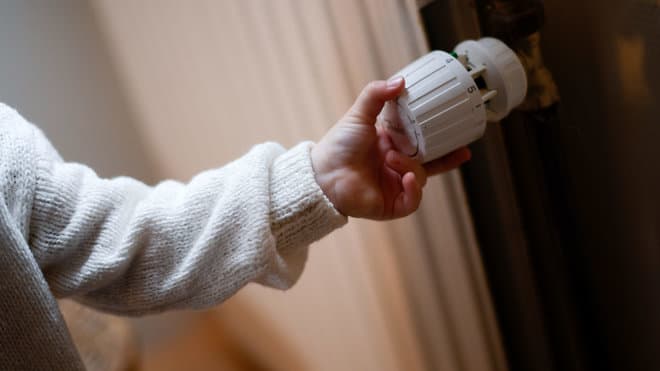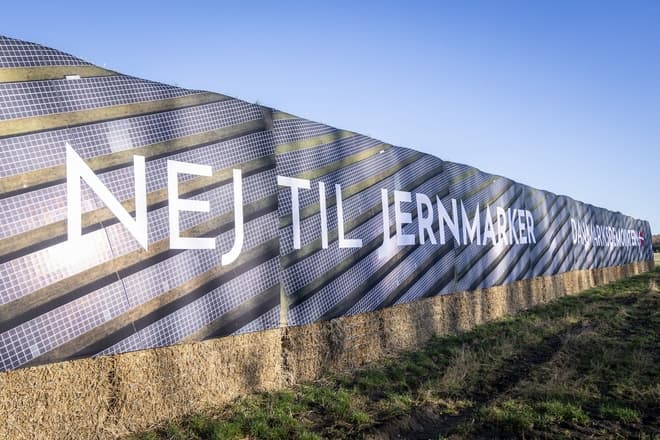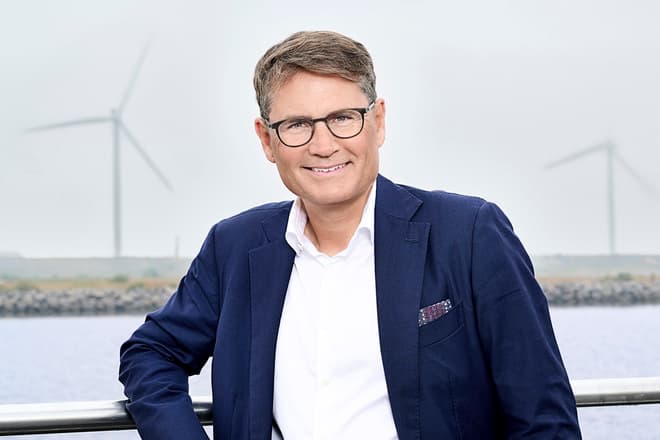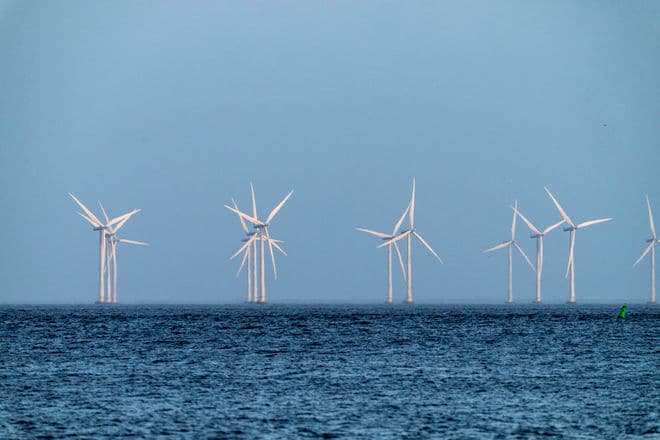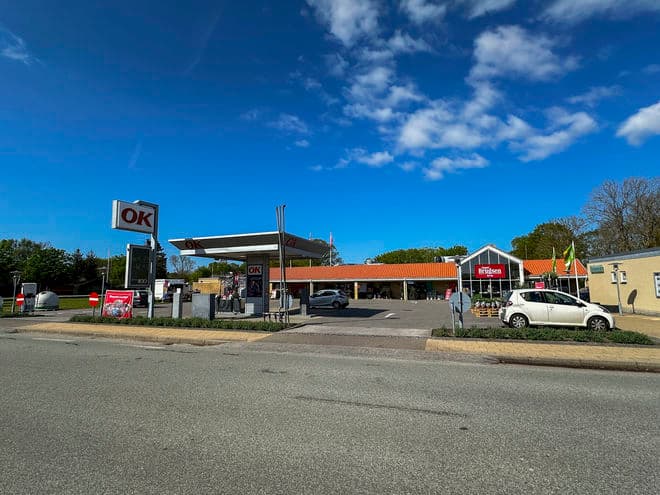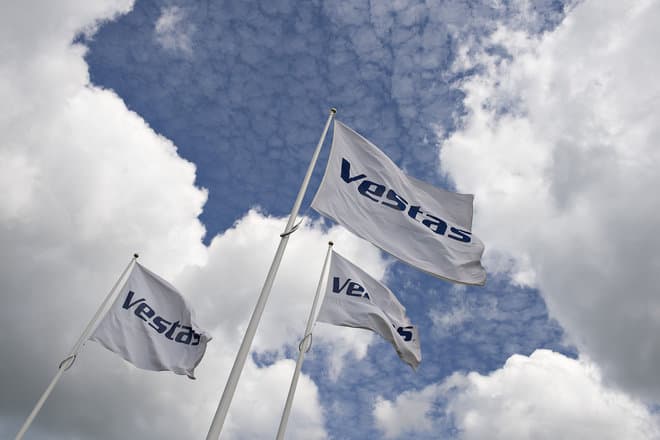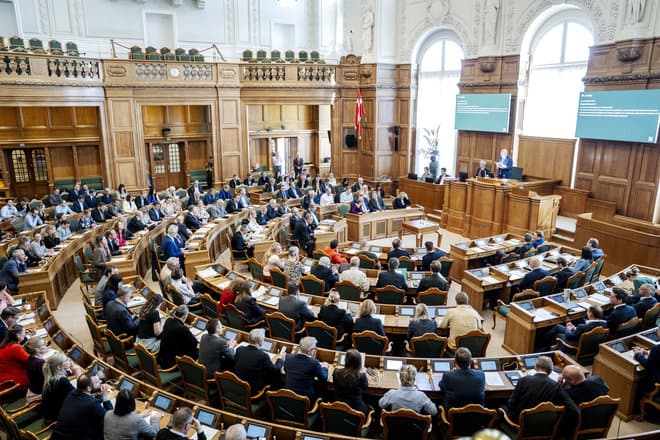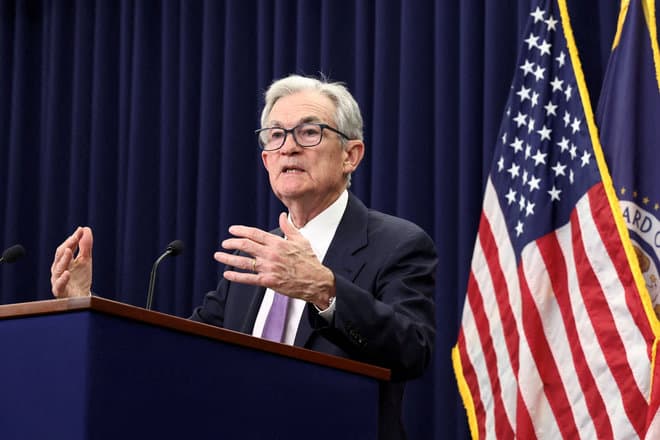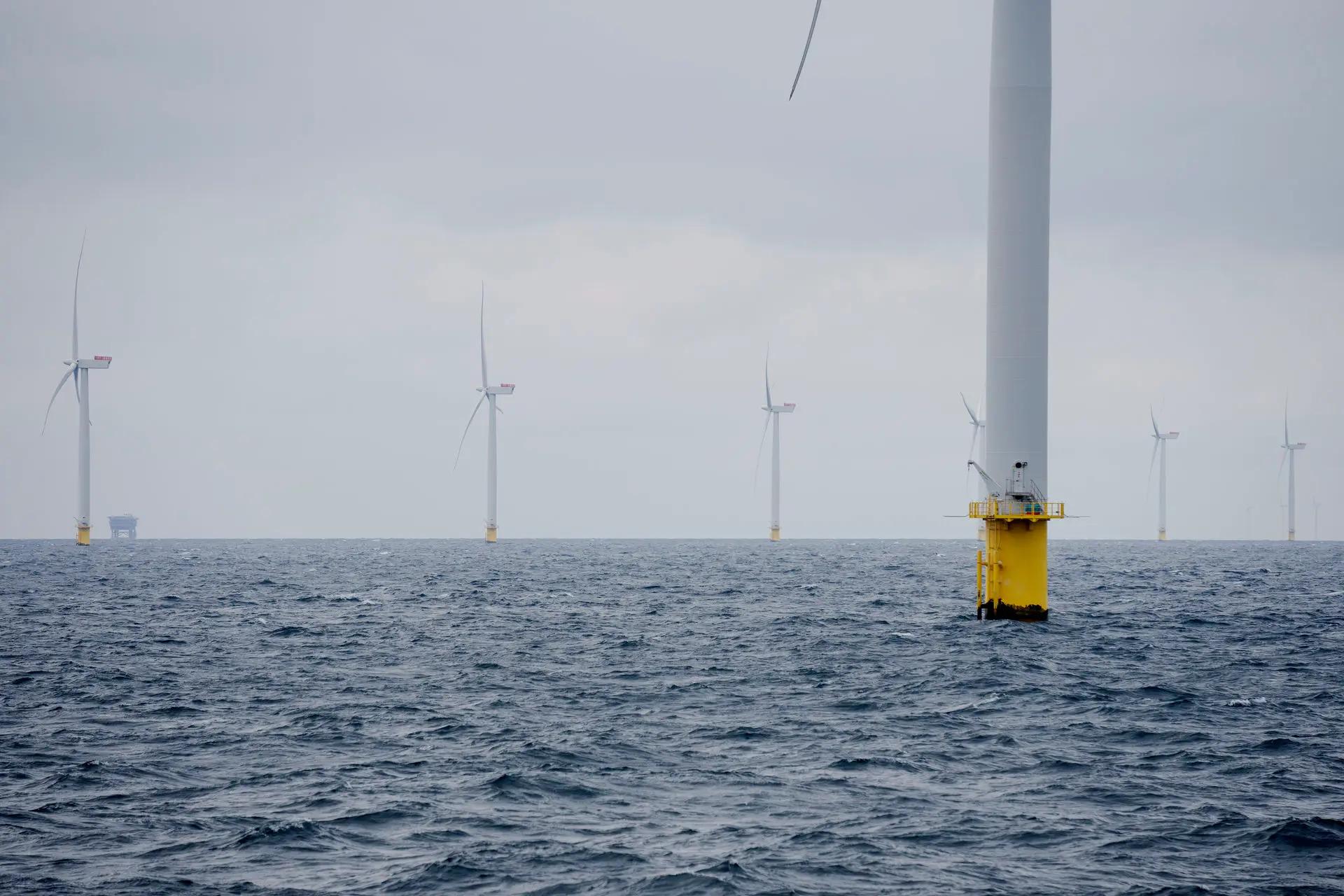
It came as a bit of a shock to most in the wind turbine industry when the press release from the Danish Energy Agency came in: The agency has put the processing of offshore wind turbine projects and other renewable energy projects under the open door scheme on hold.
The Ministry of Climate, Energy and Utilities has, in dialogue with the government's State Aid Secretariat, assessed that granting permits for offshore wind turbine projects and other renewable energy projects under the open door scheme may be in breach of EU law.
- I almost froze when I heard about the Danish Energy Agency's decision. This is not just a matter between the state and the EU, but it is something that has huge consequences for the existing projects that are underway in the municipalities, says Birgit S. Hansen (S), mayor of Frederikshavn Municipality and chairman of the Municipality's Climate and Environment Committee.
Because the state is putting the case processing on hold, a number of municipalities must now wait even longer for clarification on the applications that the Danish Energy Agency has received for areas off the coast of the municipalities.
Kommunen.dk's previous mapping of the latest application round showed that the Danish Energy Agency had received 27 applications for new offshore wind farms in the first half of 2022.
Of these, 11 projects are located off the coast of the municipalities, where the municipalities have veto rights. Therefore, the municipalities are a crucial player in the process and have therefore been involved from the start:
- Even though it is the state that has the final decision, these projects always start with an inquiry at the mayor's office, says Birgit S. Hansen.
The developers are happy to consult the municipalities early on in order to organize the project in such a way that it is possible to secure support from the local population. And there are plenty of benefits in the projects for the municipalities, according to a previous survey among the mayors, which Birgit S. Hansen also emphasizes:
- It's about jobs, green electricity for businesses, local investors, tourism and not least the citizens, who have an expectation that we also contribute to the green transition, she says.
Pull the handbrake
The handbrake on the scheme, which was introduced in 1999, means in concrete terms that the processing of projects for more than 20 GW of offshore wind is put on hold, according to Green Power Denmark.
The industry reacted quickly and placed advertisements in the country's newspapers with the headline "Can we live with closing the door to the green transition?" when the Energy Agency's announcement hit the public.
- This is a serious situation for the green transition and especially for the market players who are ready to invest in this type of offshore wind. There should be no doubt that I am deeply frustrated that at a time when we need more green energy so much, we are now in this situation. But rules must be followed, and I respect that the Danish Energy Agency must act on a risk of conflict with EU law, said Lars Aagaard on Monday in a press release from the Ministry of Climate, Energy and Utilities.
At first, the blame was directed at the EU, but the Commission was able to announce that it was on its own initiative that the Danish Energy Agency and the ministry have put the scheme on hold.
In short, the EU challenge is that the open door scheme is based on a first-come, first-served principle, where private companies bid on areas that are not already reserved by the state for offshore wind tenders. With the first-come, first-served principle, developers avoid having to pay the state for land, which could therefore be in breach of EU competition rules.
However, it is not unimportant that the state also misses out on a handsome income for the seabed, which could prove to be worth a lot of money. The latest state tender for offshore wind, Thor Offshore Wind Farm, is expected to bring the state 2.8 billion. DKK.
“Scandalous” decision
The industry is, to say the least, surprised and frustrated by the government’s decision.
- This is scandalous. Now we are only left with the planned nine gigawatts of offshore wind, where the tenders have not even started. At the same time, we see that the expansion of wind turbines and solar cells on land is progressing at a snail’s pace, says Kristine Grunnet, head of the offshore wind department at Green Power Denmark.
Less than a year ago, the Danish Parliament adopted an adjustment to the Open Door Scheme, in which municipalities were, among other things, given the right to object to a right of veto. In this connection, the Danish Parliament found that the bill did not contain EU legal aspects. Therefore, it is a surprising move, to say the least, for the government to close the scheme completely, says Kristine Grunnet.
- The open door rules have existed for almost 25 years, and companies have spent money and effort in good faith to apply for permission to build offshore wind turbines. It is unheard of and extremely harmful to trust if doubts generally arise about the current rules.
The government has just called for negotiations on the upcoming state tenders for offshore wind farms. However, the negotiations on the state tenders do not solve the challenge of a lack of electricity, as state tenders have historically taken longer to realise than projects through the open door scheme.
Uncertain ground under projects
Lars Aagaard has already been called in for consultation, while Prime Minister Mette Frederiksen (S) has assured that clarification of the challenges for the scheme will be found as soon as possible. But until then, there is “total uncertainty” about the scheme and not least the project applications that have been sent out, says Kristine Grunnet.
She does not want to speculate on whether the government wants more control over the development of offshore wind or more income in the style of the state tenders.
- We do not know what the government's motives are. But this is the opposite of what we have seen before. Investors and companies are ready. They are willing to throw themselves into the projects without costs for the state. On the contrary, they want to make a financial contribution to the municipalities and possibly the treasury. But the government says no thanks. It is difficult to understand, she says.
Lars Aagaard's party chairman, Lars Løkke Rasmussen (M), last autumn suggested that companies applying through the scheme would have to pay "a social contribution" without going into detail.
Companies already pay into the so-called Green Pool scheme, from which municipalities receive money. Based on the projects the Danish Energy Agency has received in the latest application window, the affected municipalities could receive up to 1-2 billion DKK through the scheme.
New distribution for debate
If companies have to pay the state for access to the areas, the income from the projects will logically be less. Birgit S. Hansen, however, is not afraid that this will stop companies from applying for the attractive locations for offshore wind farms in the future.
KL wants local communities to receive an even bigger piece of the pie in the future in the form of local funds that, in addition to the Green Fund scheme, can contribute to creating support and development locally.
- It is clear that there will be less money if the state is also to have a piece. It is clear that a local return must not stand in the way of these projects being realised, but there must be a balance. It is we in the municipalities who must build a coast and live with the wind turbines, so we will not be left behind, says Birgit S. Hansen.
First and foremost, she wants the government to solve the EU challenge as quickly as possible, and then to look at how the pie should be cut.
Kristine Grunnet hopes that the government will maintain the conditions that applied when the developers applied for access to the sea and coastal areas, and that legislation will not be made retroactively:
- It will be a huge hurdle. Having said that, we are entering into a constructive dialogue with the government about how we can initially resolve this chaos. We are aware that the offshore wind resources in Denmark belong to all of us, and we would like to have a dialogue about how the industry can make a meaningful contribution to society, while at the same time making it still possible to invest in offshore wind farms in the future, she says.
However, she also makes it clear that the cake will not get bigger by having to cut it into more pieces:
- We plant wind turbines – not money trees. We think it is reasonable to maintain the contribution to the municipalities because it contributes to the local communities. If the state is to receive more, it may affect the contribution to the municipalities.
This article was previously published by DOI.dk's sister media Kommunen.dk.
Text, graphics, images, sound, and other content on this website are protected under copyright law. DK Medier reserves all rights to the content, including the right to exploit the content for the purpose of text and data mining, cf. Section 11b of the Copyright Act and Article 4 of the DSM Directive.
Customers with IP agreements/major customer agreements may only share Danish Offshore Industry articles internally for the purpose of handling specific cases. Sharing in connection with specific cases refers to journaling, archiving, or similar uses.
Customers with a personal subscription/login may not share Danish Offshore Industry articles with individuals who do not themselves have a personal subscription to Danish Offshore Industry.
Any deviation from the above requires written consent from DK Medier.





